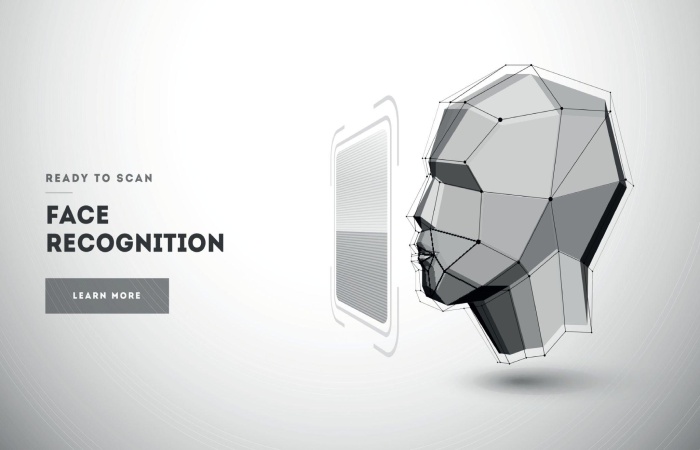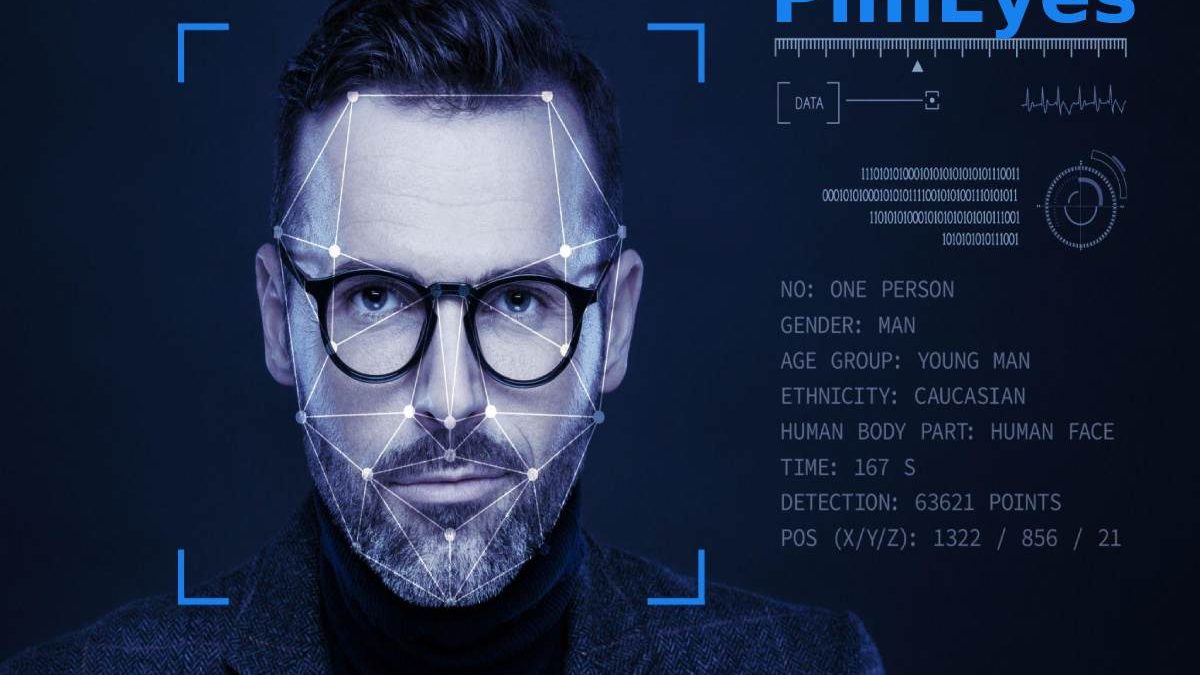PimEyes is an online facial recognition search engine that allows users to find and track images of individuals across the internet. It uses advanced algorithms to analyze facial features and match them with online images. PimEyes has gained attention for its ability to locate images of people even when they are not tagged or identified by name.
The primary purpose of PimEyes is to help individuals monitor their online presence and manage their digital identity. It enables users to search for their images to see where and how they are being used online. Additionally, PimEyes can be used to identify and locate images of others, which can be beneficial in various scenarios, such as finding lost contacts, identifying anonymous individuals, or monitoring online reputation.
Table of Contents
What Is PimEyes and How Does It Work?

PimEyes is an online face search engine that uses facial recognition technology to find images of a person on the web. A reverse image search engine searches the internet to find pictures containing given faces. It is an excellent tool for auditing copyright infringement.
PimEyes works by first uploading a photo of a person’s face. The engine then analyses the photo and creates a unique facial signature for that person. This signature is then used to search the internet for other images that contain the same face.
PimEyes can find images of a person even if they have changed their appearance. For example, if a person has gained or lost weight or changed their hairstyle, PimEyes can still find images of them.
PimEyes is available in both free and paid versions. The free version allows users to perform one search per day. The paid versions offer more features, such as the ability to perform unlimited searches, receive alerts when new images of a person are found, and exclude images from being displayed in search results.
The use of PimEyes has raised some privacy concerns. Some people worry that the engine could be used to stalk or harass people. Others worry that it could be used to identify people trying to remain anonymous.
PimEyes has addressed these concerns by only indexing images publicly available online. The company also does not sell or share user data with third parties.
Pros and Cons of Using PimEyes:
Pros:
- You can find images of a person even if they have changed their appearance.
- Available in both free and paid versions.
- It offers a variety of features, such as the ability to perform unlimited searches, receive alerts when new images of a person are found, and exclude images from being displayed in search results.
Cons:
- Has raised some privacy concerns.
- It can be used to stalk or harass people.
- It can be used to identify people who are trying to remain anonymous.
Overall, PimEyes is a powerful tool that can be used to find images of a person on the web. However, being aware of the privacy concerns associated with using the engine is essential.
PimEyes for Individuals

PimEyes offers several benefits for individuals who want to manage their online existence and protect their digital identity. Here’s how PimEyes can be helpful for individuals:
- Self-image Monitoring
- Online Reputation Management
- Privacy Control
- Lost Contacts and Connections
- Visual Identity Verification
It’s important to remember that while PimEyes offers these benefits, using the tool responsibly and with respect for others’ privacy is crucial. Always obtain proper consent before searching for and using someone else’s images, and be mindful of the legal and ethical considerations surrounding facial recognition technology.
Using PimEyes for Businesses
PimEyes can also be utilized by businesses for various purposes related to brand management, marketing, and online security. Here’s how businesses can leverage PimEyes:
- Brand Monitoring
- Influencer Campaigns
- Counterfeit Detection
- Online Reputation Management
- Intellectual Property Protection
Businesses must use PimEyes responsibly, respecting privacy laws and obtaining proper consent when searching for individuals’ images. Additionally, it’s advisable to consult legal professionals for guidance on utilizing facial recognition technology in compliance with applicable regulations and ethical considerations.
PimEyes Pricing: Free vs Paid Plans
PimEyes offers free and paid plans, providing users with different features and capabilities. Here’s an overview of the pricing options:
Free Plan
PimEyes provides a limited version of its service for free. With the free plan, users can perform a restricted number of daily searches and access essential features. The same limitations may vary, and checking the PimEyes website for the most up-to-date details on the free plan’s restrictions is advisable.
Premium Plan
PimEyes offers a premium subscription plan with enhanced functionality and broader usage capabilities. The premium plan typically includes benefits such as unlimited daily searches, access to advanced search filters, and a priority search queue. It may also offer additional features like email alerts for new image matches or monitoring specific individuals over time.
The pricing structure for the premium plan may vary based on factors such as subscription duration (monthly, annual) and the level of service chosen. It’s recommended to visit the PimEyes website or contact their customer support for detailed information on the current pricing options and plans.
It’s worth noting that while PimEyes offers valuable services, the use of facial recognition technology and associated privacy considerations have raised ethical concerns. Using such tools responsibly and respecting individuals’ privacy rights is essential, ensuring compliance with applicable laws and regulations.
Is PimEyes Legal and Ethical?
The legality and ethics surrounding PimEyes and facial recognition technology, in general, can vary depending on the jurisdiction and specific use cases. At this point, there are some key points to consider regarding the legality and ethics of PimEyes:
Legal Considerations
Consent: When using PimEyes or any facial recognition tool, obtaining proper consent is crucial. Searching for and using someone else’s images without consent may infringe upon their privacy rights and potentially violate local laws.
Data Protection & Privacy Laws: Depending on the authority, there may be specific laws and guidelines regarding the collection, storage, and use of personal data, including facial images. It’s essential to ensure compliance with applicable data protection and privacy laws.
Terms of Service & Acceptable Use: When using PimEyes, reviewing and adhering to the platform’s terms of service and acceptable use policies is essential. These documents outline the permitted usage and any restrictions associated with the service.
Ethical Considerations
Privacy and Consent: It is crucial to respect individuals’ privacy and obtain their informed consent before searching for or using their facial images. Facial recognition technology raises concerns about potential privacy violations and the risk of surveillance without consent.
Surveillance and Misuse: Facial recognition technology, including PimEyes, can be susceptible to abuse or misuse. It’s essential to ensure that the tool is used responsibly, within legal and ethical boundaries, to prevent potential harm or invasion of privacy.
Bias and Discrimination: Facial recognition technology has been criticized for exhibiting biases, leading to potential discriminatory practices. Care should be taken to mitigate these biases and ensure fair and unbiased technology usage.
Transparency and Accountability: Service providers like PimEyes should strive for transparency in their operations, clearly communicating their data handling practices and providing avenues for users to address concerns or report misuse.
It’s important to note that laws and regulations surrounding facial recognition technology are evolving, and ethical debates regarding its use are ongoing. It’s advisable to consult legal professionals and adhere to the regulations specific to your jurisdiction to ensure compliance and ethical use of such technologies.
Conclusion
In conclusion, PimEyes is an online facial recognition search engine that permits users to find and track images of individuals across the internet. It allows individuals to monitor their online presence, manage their digital identity, and locate images of others. PimEyes can be helpful for businesses in brand monitoring, influencer campaigns, counterfeit detection, online reputation management, and intellectual property protection.
However, the legality and ethics of PimEyes and facial recognition technology. In general, can vary depending on jurisdiction and specific use cases. It’s essential to obtain proper consent and adhere to applicable data protection and privacy laws. And use the tool responsibly to respect individuals’ privacy rights. Privacy, consent, bias, and potential misuse concerns should be considered.
As technology advances, ongoing discussions and debates surrounding facial recognition technology’s legal and ethical implications highlight the need for appropriate regulations and transparency. And accountability to protect individuals’ rights and ensure responsible usage.


